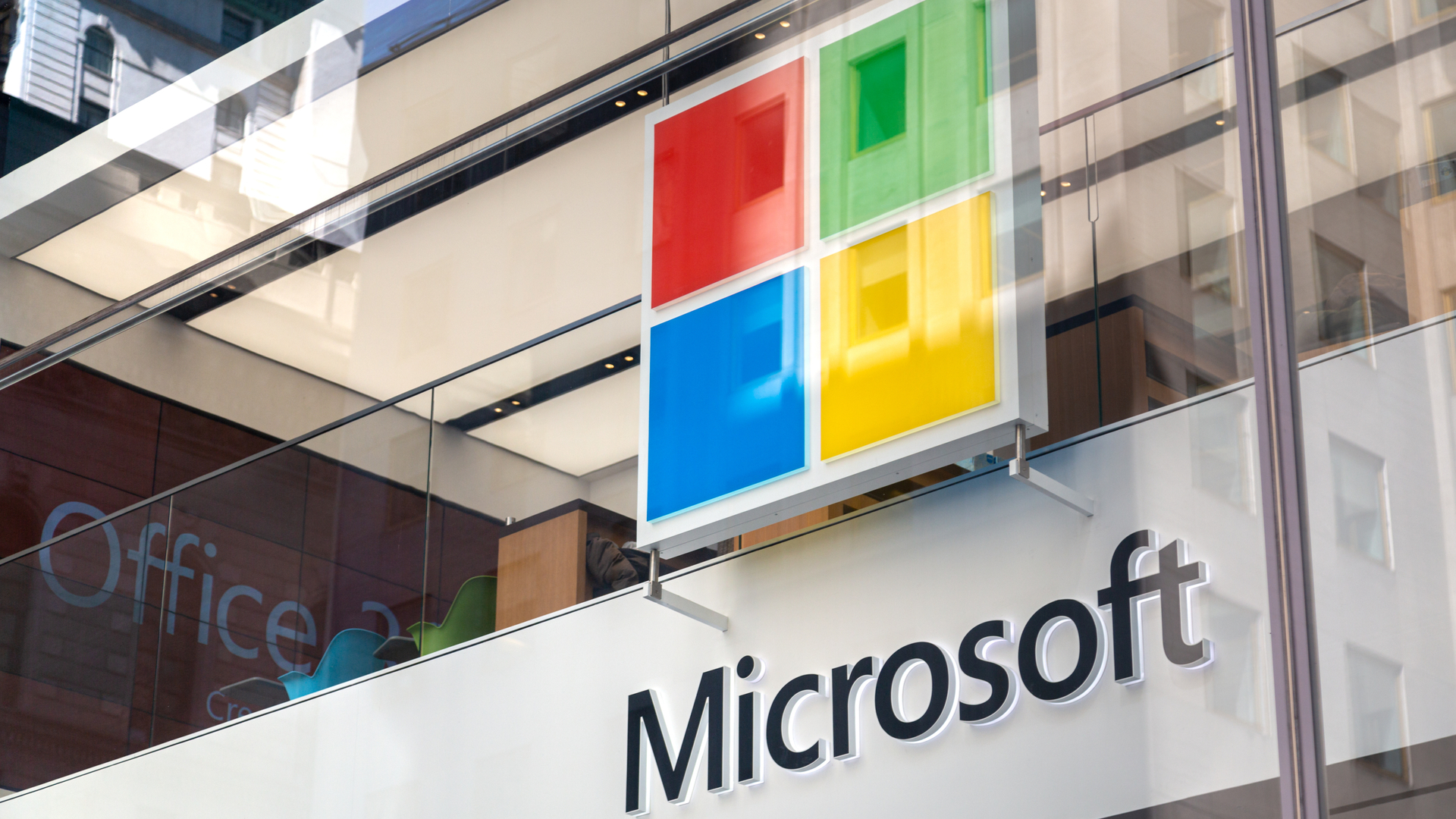Microsoft to Cut 1,000 More Jobs as Economic Conditions Bite
New dark theme for MS employees
Microsoft is laying off more of its approximately 180,000 employees this week, according to reporting in the Wall Street Journal and Business Insider, following a similar announcement in July. Although the firm has not given an exact number of workers affected, the cuts are expected to fall on less than 1,000 staff across the business.
The job losses aren’t concentrated in any one area of the diverse tech behemoth, with the axe falling across all departments and countries. Some staff took to social media to report the events, including KC Lemson, a group product/program manager and the creator of the Ninja Cat logo for the Windows Insider Program. She wrote that “2022 has been quite a year,” after breaking the news to her 8,000 followers, many of whom reacted with surprise and sympathy.

The move comes amidst slowing growth in the technology sector and other global pressures. The announcement of layoffs by Microsoft in July covered less than 1% of the total workforce, and it’s currently unclear whether this week’s redundancies are part of that, or a new tranche of job losses.
The Windows maker is not the only tech firm with a hand hovering over the big red ‘fire’ button, with Meta Platforms, Twitter, and Snap all reducing staff numbers and freezing hires as they look for savings in the face of challenging economic conditions. Microsoft shares have fallen around 30% this year, from a high of around $340 in December 2021 to $225 on October 11th this year, and $240 at the time of writing. The company is still highly successful, with net income filling its coffers with $72.7 billion in the fiscal year ending June 30 2022, an increase of 19% over the year before.
A Microsoft statement on the matter sent to Axios.com reads: “Like all companies, we evaluate our business priorities on a regular basis, and make structural adjustments accordingly. We will continue to invest in our business and hire in key growth areas in the year ahead.” Keen-eyed correspondents noticed that this was very similar to the statement MS had made back in July, when it also said it would continue to grow its headcount and invest in the business.
Get Tom's Hardware's best news and in-depth reviews, straight to your inbox.

Ian Evenden is a UK-based news writer for Tom’s Hardware US. He’ll write about anything, but stories about Raspberry Pi and DIY robots seem to find their way to him.
-
jkflipflop98 It always hurts to hear someone has lost their job. At the same time, companies need to trim the fat every now and again. Tis the natural order of things.Reply -
TechieTwo Ask yourself if U R better off now than you were two years ago when you go to vote in Nov. Ignorance isn't a solution to anything.Reply -
PlaneInTheSky The expensive US $ is going to ravage tech companies like Apple too.Reply
US export products, be it services or physical goods, are no longer competitive. When you compare them to Chinese, European or Japanese products that are still reasonably priced, US companies are asking a 30+% premium due to the strong $, that's ravaging US export sales. -
bit_user Reply
Based on what, now? High energy prices are hitting Europe and Japan a lot harder than the US, and China's output has really struggled in the face of their "zero-Covid" policies, that have seen sporadic city-wide lock-downs continuing, even up to the present day.PlaneInTheSky said:When you compare them to Chinese, European or Japanese products that are still reasonably priced,
I'm not saying you're wrong, but I'm just curious what data you're looking at.
The $USD is typically strong, during uncertain and recessionary periods. It's still seen somewhat as a safe harbor.PlaneInTheSky said:US companies are asking a 30+% premium due to the strong $, that's ravaging US export sales.
That's not all bad. It makes our imports cheaper than they otherwise would be, including energy (oil markets are $USD-based). "It could be worse" is never a popular message, but that doesn't mean it's not true.